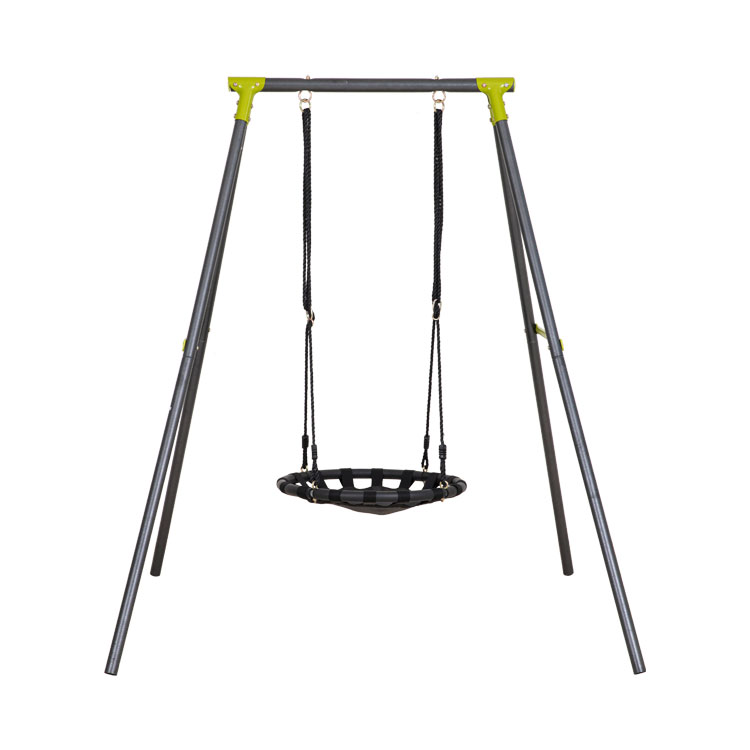The Benefits of Outdoor Play Equipment: Why It’s Essential for Children's Development
2025-01-03
In today’s tech-driven world, kids often find themselves glued to screens rather than playing outside. This shift away from physical activity has raised concerns among parents, educators, and healthcare professionals about the importance of outdoor play. Fortunately, outdoor play equipment offers a fun and engaging way to encourage children to explore, exercise, and develop important life skills.
Promoting Physical Health
One of the most obvious benefits of outdoor play equipment is its ability to promote physical activity. Whether it's climbing on jungle gyms, swinging on swings, or sliding down slides, these activities help kids develop coordination, strength, and flexibility. Physical play also supports cardiovascular health and builds muscle, which is essential for children’s overall well-being.
Outdoor play encourages children to run, jump, and move in ways that indoor play often doesn’t. These activities help combat the growing concerns of childhood obesity, as they encourage kids to engage in exercise while having fun. Even simple activities, like playing on seesaws or balancing on beams, contribute to better motor skills and balance.
Fostering Social Skills
Outdoor play equipment also serves as a social hub for children. When they play together on slides, swings, or in forts, they learn to interact, share, and cooperate with others. Socialization on playgrounds helps kids develop communication skills, empathy, and conflict resolution abilities. By playing together, they practice important life skills such as taking turns, negotiating rules, and building friendships.
The collaborative nature of many outdoor activities, like team-based games or group challenges, promotes teamwork and mutual respect. This type of social interaction is vital for developing positive relationships and emotional intelligence, setting the foundation for future success in school and beyond.
Stimulating Cognitive Development
Outdoor play equipment provides more than just a space for physical activity—it also plays a crucial role in cognitive development. As children interact with various structures, they are often required to problem-solve, strategize, and think critically. Climbing a structure or navigating a maze can enhance spatial awareness, improve decision-making skills, and boost creativity.
Moreover, outdoor play can inspire curiosity and exploration. Nature-inspired play structures, such as climbing trees, rock walls, or sandpits, encourage kids to use their imaginations and think outside the box. These experiences stimulate cognitive growth, helping children develop both analytical and creative thinking skills that are essential for future academic success.
Enhancing Emotional Well-being
Outdoor play provides children with a chance to disconnect from the stresses of everyday life. Whether it’s the joy of swinging high into the air or the sense of accomplishment after mastering a challenging climbing wall, these activities can significantly boost a child’s self-esteem and emotional resilience.
Spending time outdoors in natural settings also has calming effects, reducing anxiety and promoting a sense of well-being. Nature and play equipment give children the opportunity to experience a sense of freedom and control, which is especially important in today’s structured and often hectic world.
Conclusion
Outdoor play equipment is not just about having fun; it’s a vital tool for fostering a child’s physical, social, cognitive, and emotional development. By encouraging kids to spend more time outside and engage with these structures, parents and communities can provide children with the opportunity to grow in a healthy and balanced way. In a world where technology often dominates, outdoor play is a valuable reminder of the importance of physical activity, social connection, and mental well-being for children.



